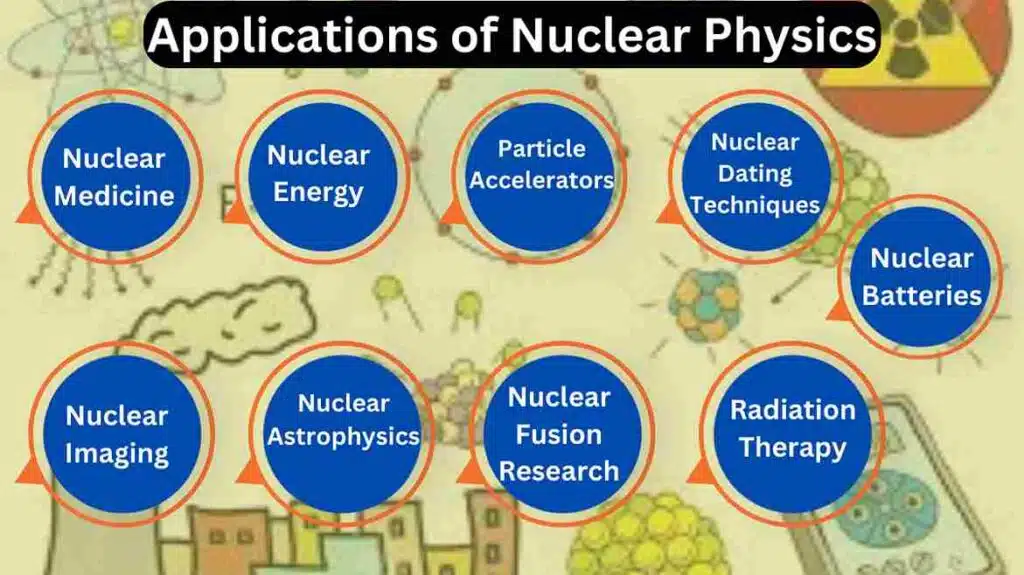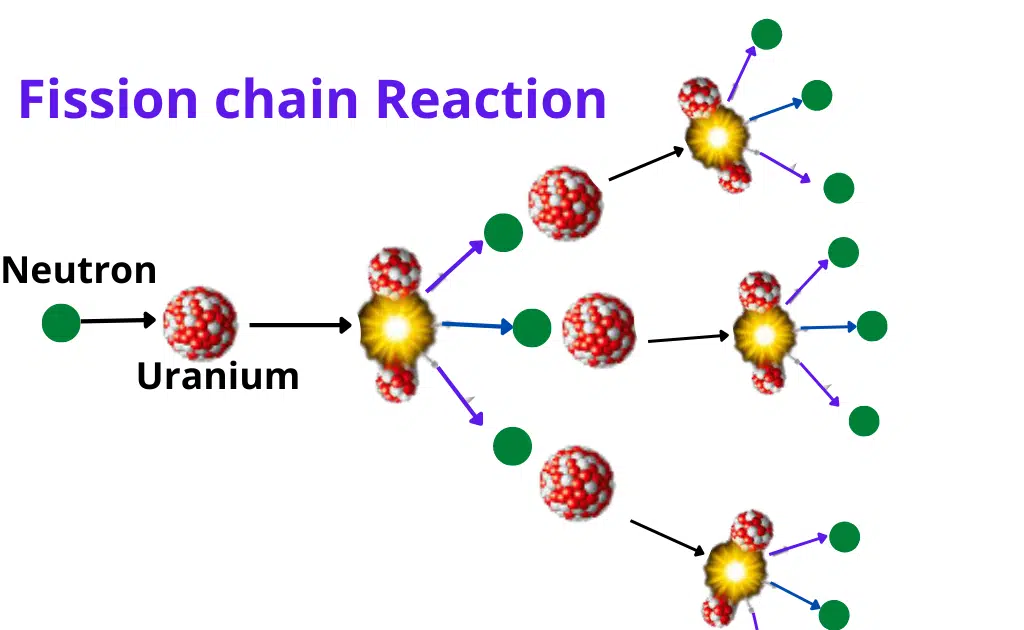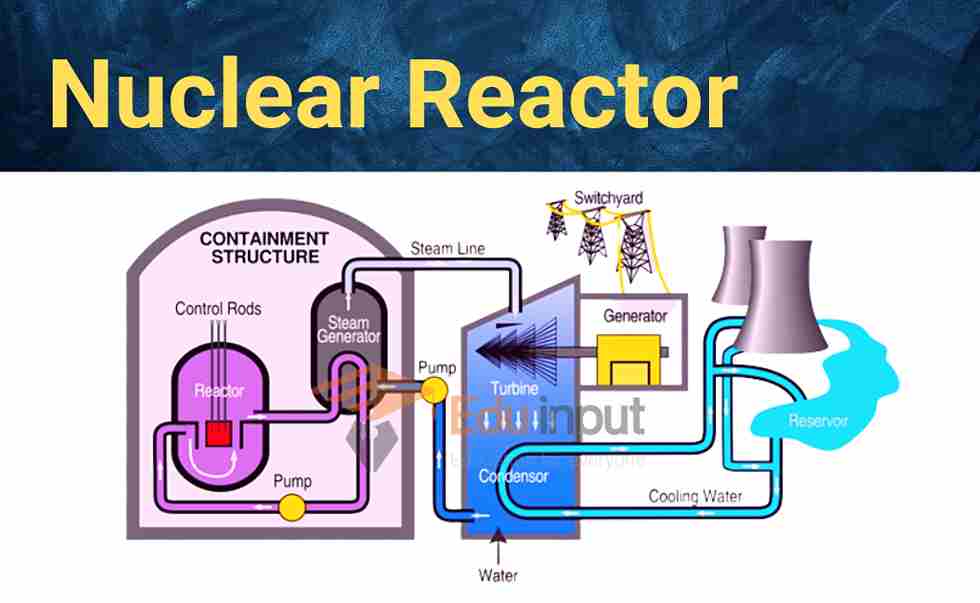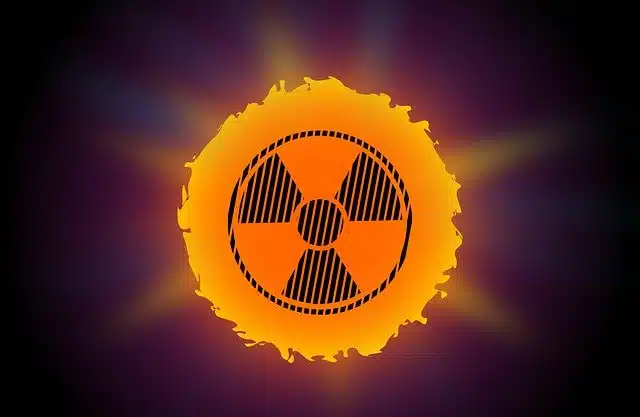Applications of Nuclear Physics
Nuclear physics has wide-ranging and significant applications that affect numerous areas of everyday life. Nuclear physics continues to influence the world we live in, from improving medical diagnostics and treatments to offering a greener energy alternative. Future developments in this area of technology and study should lead to even more creative uses.
Applications of Nuclear Physics
Nuclear physics is a branch of science that deals with the study of atomic nuclei, their structure, and behavior. The majority of people only think of nuclear physics in terms of power plants and weapons.

But the topic has a vast range of applications that have had a big impact on many different areas of our life. This article will explore some of the fascinating and diverse applications of nuclear physics in different fields.
1. Nuclear Medicine
One of the most significant applications of nuclear physics is in the field of medicine. Nuclear medicine uses radioactive isotopes to diagnose and treat various medical conditions. Techniques such as positron emission tomography (PET) and single-photon emission computed tomography (SPECT) utilize radioactive tracers to visualize and analyze the functioning of organs and tissues. This helps in the early detection and treatment of diseases like cancer and heart disorders.
2. Nuclear Energy
Nuclear power plants harness the energy released during nuclear fission reactions to generate electricity. Nuclear energy is a reliable and low-carbon source of power that provides a significant portion of the world’s electricity. It plays a crucial role in reducing greenhouse gas emissions and meeting the growing energy demands of the global population.
3. Particle Accelerators
Particle accelerators are essential tools in nuclear physics research. These devices accelerate charged particles to high energies and collide them to study fundamental particles and their interactions. Particle accelerators have been instrumental in advancing our understanding of the subatomic world, leading to groundbreaking discoveries in physics.
4. Nuclear Dating Techniques
Archaeologists and geologists use nuclear dating techniques to determine the age of artifacts, fossils, and geological formations. Carbon-14 dating, for example, relies on the decay of radioactive carbon isotopes to estimate the age of organic materials. Other techniques like uranium-lead dating and potassium-argon dating help determine the age of rocks and minerals.
5. Nuclear Imaging in Industry
In the industrial sector, nuclear physics is used for non-destructive testing and imaging. Radiography and gamma ray scanning are employed to inspect the integrity of metal components, welds, and pipelines without damaging them. This ensures safety and quality control in various industries, including aerospace and manufacturing.
6. Nuclear Astrophysics
Nuclear physics plays a vital role in understanding the processes that occur in stars and their eventual fate, such as supernovae and black hole formation. Scientists study nuclear reactions under extreme conditions to explain the origin of elements and the evolution of celestial bodies.
7. Nuclear Fusion Research
Nuclear fusion is a potential future source of clean and virtually limitless energy. It aims to replicate the fusion reactions that power the sun and stars, releasing vast amounts of energy with minimal radioactive waste. Research in nuclear fusion continues to progress, holding promise for a sustainable energy future.
8. Radiation Therapy
Radiation therapy is a common treatment for cancer patients. High-energy ionizing radiation is directed at cancer cells to damage their DNA and inhibit growth. Nuclear physics has been instrumental in developing precise and targeted radiation therapy techniques, increasing the effectiveness of cancer treatments.
9. Nuclear Batteries
Nuclear batteries, also known as radioisotope thermoelectric generators (RTGs), utilize the heat generated from radioactive decay to produce electricity. These batteries are used in space missions, remote locations, and medical implants where traditional power sources are impractical.
Related FAQs
What are the applications of nuclear physics in technology?
Nuclear physics has various technological applications, including nuclear power generation, nuclear medicine (radiation therapy and imaging), and nuclear propulsion for space exploration.
What are the applications of nuclear in daily life?
In daily life, nuclear technology is used in smoke detectors, sterilization of medical equipment, and certain types of gauges for industrial applications, like measuring the thickness of materials.
What is the application of nuclear and particle physics?
Nuclear and particle physics have contributed to the development of particle accelerators, radiation therapy for cancer treatment, and the study of fundamental particles and forces in the universe.
What are 6 practical applications of nuclear science?
Nuclear Power Generation
Nuclear Medicine
Radiocarbon Dating
Industrial Radiography
Food Irradiation
Nuclear Imaging







Leave a Reply